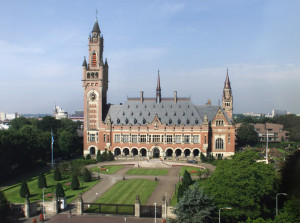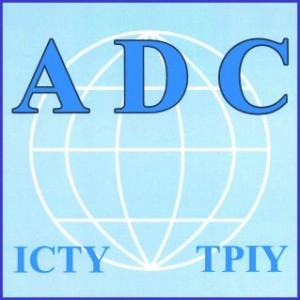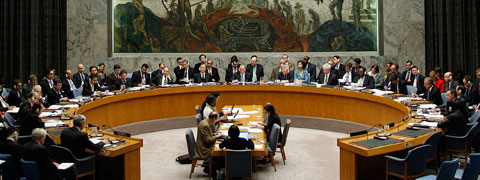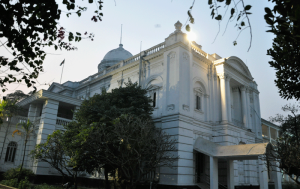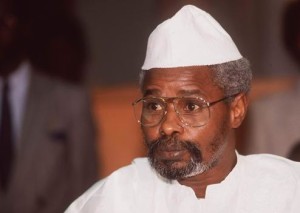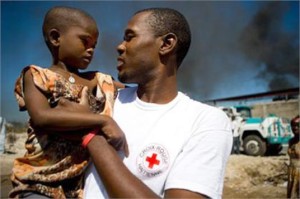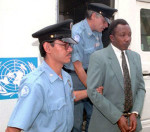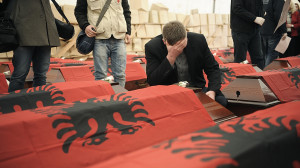By Shehzad Charania
This week, at the Residence of the British Ambassador to the Netherlands, Ambassador Sir Geoffrey Adams opened the British Embassy Annual Lecture Series on International Law. The guest speaker for the Inaugural Lecture was Judge Sir Christopher Greenwood of the International Court of Justice.
Ambassador Adams explained that the lecture marked the occasion of the Global Law Summit, which took place this week in London, as well the year in which we commemorate 800 years since the signing of the Magna Carta of 1215.
Judge Greenwood’s lecture was entitled “Can International Law Change the World?”. He began by referring back to the Magna Carta itself. He explained that Magna Carta had changed “a world”: the law of England, albeit slowly and tentatively. It established equality before the law; in particular, that even the King was subject to the law; and that justice was not to be sold or denied to anyone. These principles form the foundation of the rule of law.
So could international law change the world in a similar way, Judge Greenwood asked. He used as his point of reference the First and Second Hague Peace Conferences of 1899 and 1907. The inspiration for those conferences had been a belief that international law could indeed change the world. Specifically, the hope was that these conferences would legislate on the way war was conducted, including the reductions of certain armaments and prohibition of others, and set up an international court, the Permanent Court of Arbitration, which would enable States to settle their differences by law rather than war. Continue reading

